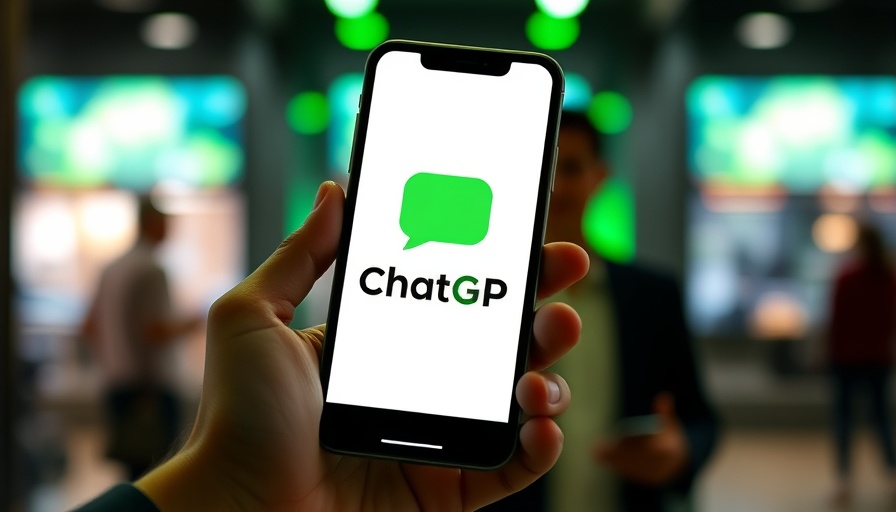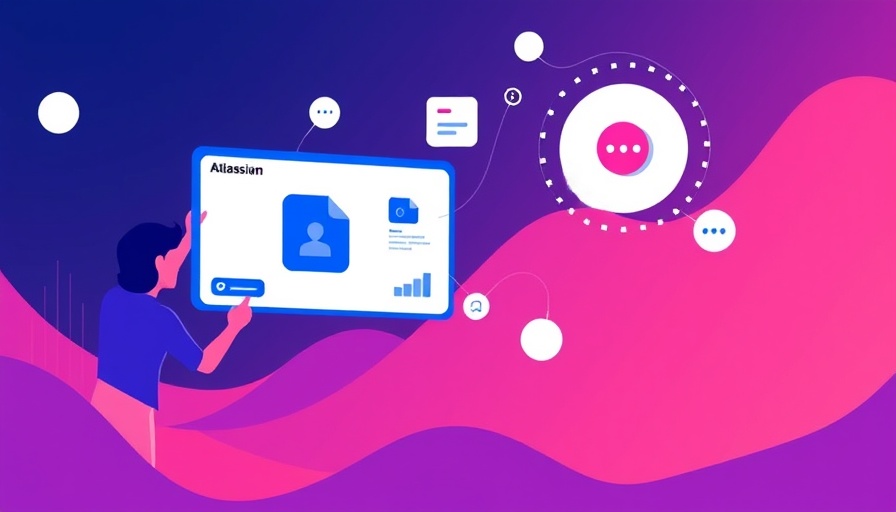
The Rise of AI-Driven Hiring Platforms
OpenAI is gearing up to launch a game-changing job platform intended to disrupt traditional hiring processes and bring AI innovation to the forefront of recruitment. This initiative, revealed by CEO Sam Altman at a recent White House tech dinner, outlines ambitious plans that aim to transform workforce development. It signifies OpenAI's entry into a competitive market crowded with established players like LinkedIn, further complicating its relationship with one of its major investors, Microsoft.
A New Era for Job Matching
The forthcoming OpenAI Jobs Platform, set to debut next year, promises to leverage the power of large language models to enhance job matching between employers and candidates with varying levels of AI proficiency. From those just entering the workforce to mid-career prompt engineers, this platform seeks to provide tailored hiring solutions that highlight essential AI skills, a need that is becoming increasingly urgent as the job market evolves.
AI Certifications: Building a Skilled Workforce
Complementing the job platform is an innovative certification program aimed at boosting AI literacy among job seekers. OpenAI aims to certify 10 million Americans by 2030, collaborating with corporate giants and state governments to implement training initiatives. This push reflects a fundamental shift in hiring practices, moving from traditional degrees to a more skills-based approach that prioritizes practical AI knowledge.
Real-World Applications and Partnerships
OpenAI’s partnerships with organizations such as Walmart and Accenture are pivotal. They allow for pilot programs in states like Delaware and Texas to cater to local workforce demands. The skills-first hiring model resonates with current trends, where employers leverage AI tools in day-to-day operations, highlighting the need for up-to-date skills in potential hires.
Potential Industry Disruption and Challenges
Despite the potential benefits, there are concerns about AI-driven job displacement. As companies increasingly prioritize AI competency, the implication is clear: job seekers must adapt or risk falling behind. This shift raises critical questions about the future landscape of the job market and whether traditional educational pathways can keep pace with the rapid evolution of workplace requirements.
OpenAI vs. LinkedIn
The emergence of OpenAI's job platform places it in direct competition with LinkedIn, testing the relationship between these two tech giants. While OpenAI's approach focuses on AI skills, LinkedIn has long been the go-to platform for professional networking and job searching. The unfolding rivalry may prompt both companies to innovate and improve their offerings, ultimately benefiting users.
The Importance of AI Literacy
The anticipated changes underscore a pivotal moment for employees and job seekers alike. As AI continues to reshape industries, fluency in AI may become a prerequisite for many positions. Individuals who invest time in enhancing their AI skills could find themselves at a significant advantage in a competitive job market.
Conclusion: A Transformative Initiative
OpenAI's introduction of a LinkedIn competitor marked by AI-driven job matching and certification programs signals a noteworthy shift in how companies recruit and evaluate talent. As businesses evolve in response to technological advancements, understanding and adapting to these changes becomes imperative for job seekers. Embracing AI fluency will not only enhance career prospects but may also redefine the very nature of work in an increasingly digital economy. Stay informed about these developments, as they could affect your professional journey.
 Add Row
Add Row  Add
Add 




Write A Comment